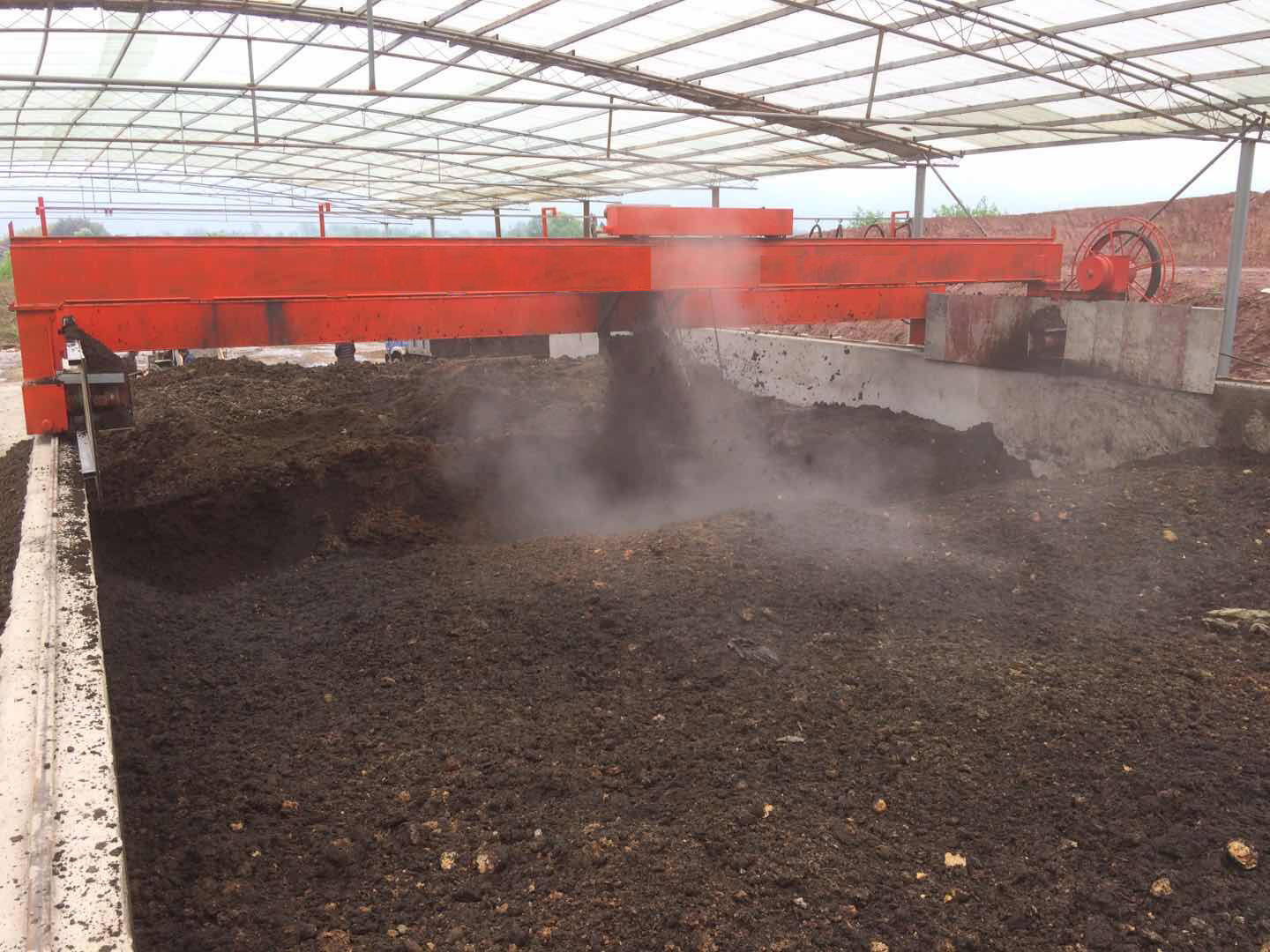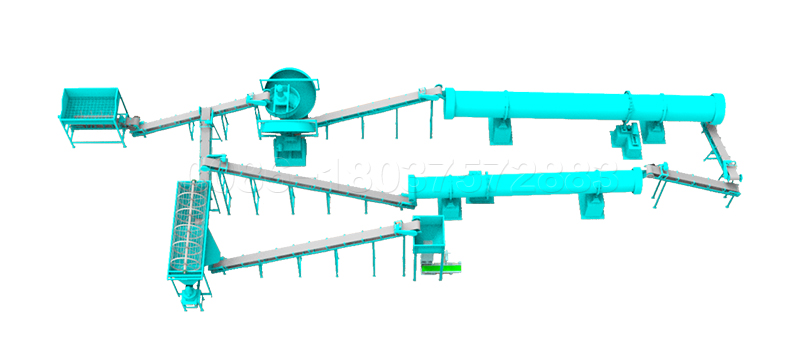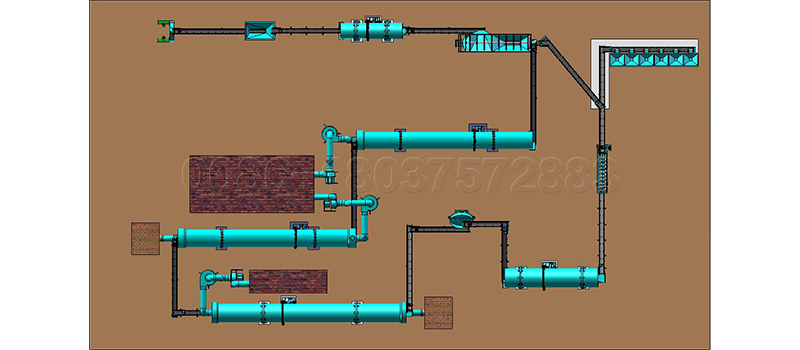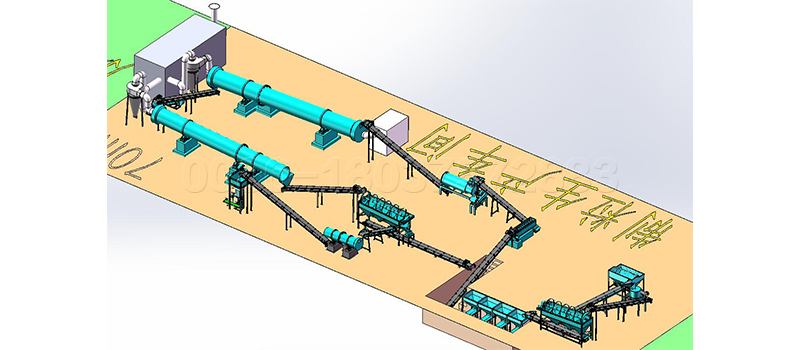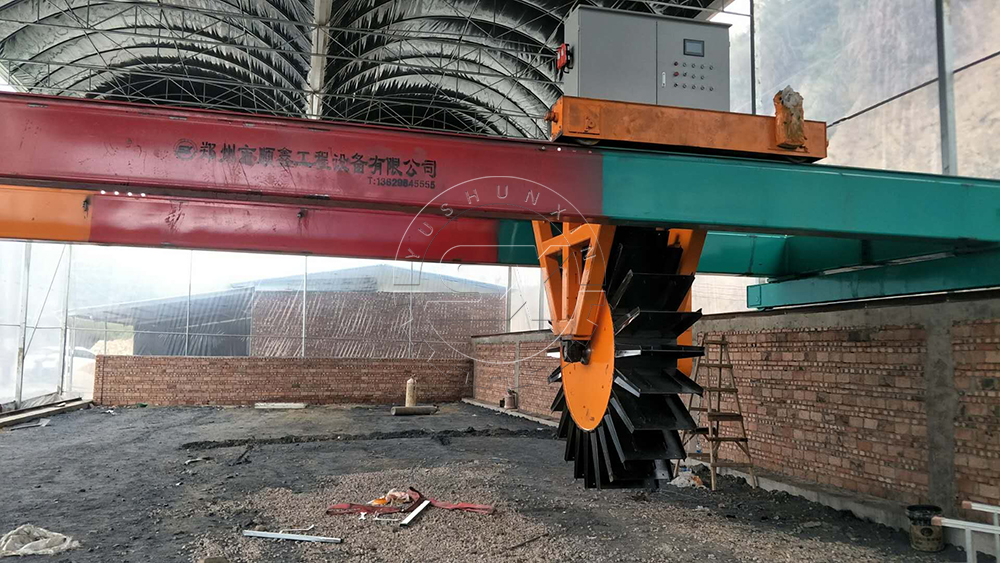Biological fertilizer, also known as bacterial fertilizer, does not contain nutrients required for plant growth and development. It is a new pollution-free compound biological fertilizer developed through scientific formula and combined processing. This fertilizer contains a large number of microorganisms, mainly through the life activities of microorganisms in the soil.
Interested in bio fertilizer production by your own, welcome to https://www.fertilizer-plants.com/bio-fertilizer-manufacturing/
The nutrition status of crops is good, so what are the common precautions for applying bacterial fertilizer in farmland? Let the SX fertilizer applicator manufacturer tell you the correct fertilization method.
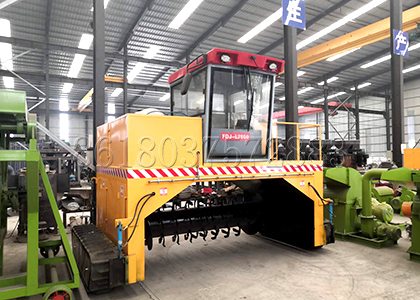
1. According to local conditions, it is not suitable to apply biological bacterial fertilizer on soil with high sulfur content and rusty land, because sulfur can kill biological bacteria. For paddy fields, generally no fertilization, spraying method is more effective.
Make bio fertilizer granules with wet granulation equipment, go here.
Due to air temperature, bacterial fertilizer should not be applied to farmland under high temperature, low temperature and drought conditions. The suitable temperature for bacterial fertilizer fertilization is 25-37 ℃, and the fertilization effect is poor when it is lower than 5 ℃ or higher than 45 ℃.
When the soil water content is between 60-70%, the fertilizer effect of biological fertilizer is better. It should not be mixed with fungicides, pesticides, herbicides, sulfur-containing fertilizers (such as potassium sulfate) and grass ash, because these drugs and fertilizers are easy to kill bacteria.
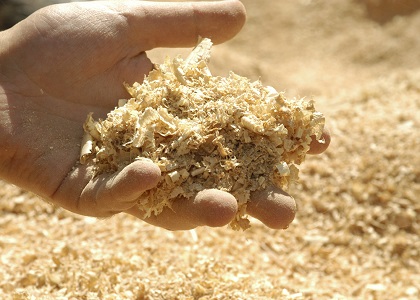
If you must use the above drugs and fertilizers, you can apply fertilizer first, and then apply medicine and weed 48 hours later. When using bacterial fertilizer for seed dressing, it is strictly prohibited to mix seeds mixed with bacterial fertilizer with seeds mixed with fungicide.
Production and application of biological fertilizer
2. Prevent bio fertilizer from mixing with uncooked farm manure. For the fields that have been fertilized for many years, the application of biological fertilizer can not reduce the application of chemical fertilizer and organic fertilizer. Due to the dependence of crops on fertilizer, crops can not adapt at once by replacing nitrogen fertilizer with biological fertilizer. Raw materials for bio ferilizer production, need to be composted first.
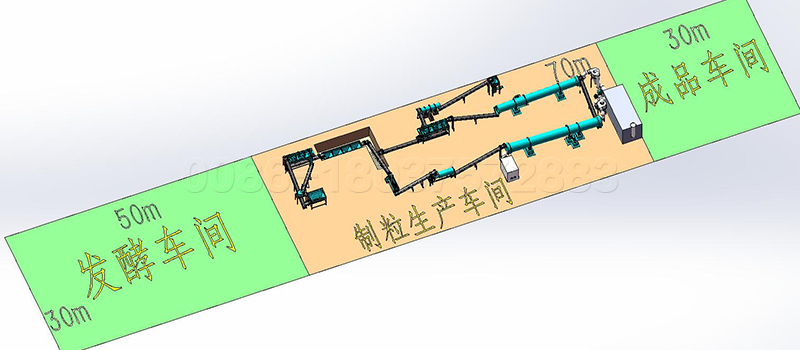
The substitution amount of bacterial fertilizer should be appropriate, and phosphorus and potassium fertilizer can only be supplemented but not reduced. Biological bacterial fertilizer is not a quick acting fertilizer, and the application effect is the best 7-10 days before the critical period of crop nutrition and nutrient absorption period.
We can provide professional industrial biological fertilizer production equipment and fertilizer production process. Our equipment has simple operation and automatic processing. The fertilizer plant can complete the production of biological fertilizer with only a small amount of labor.


